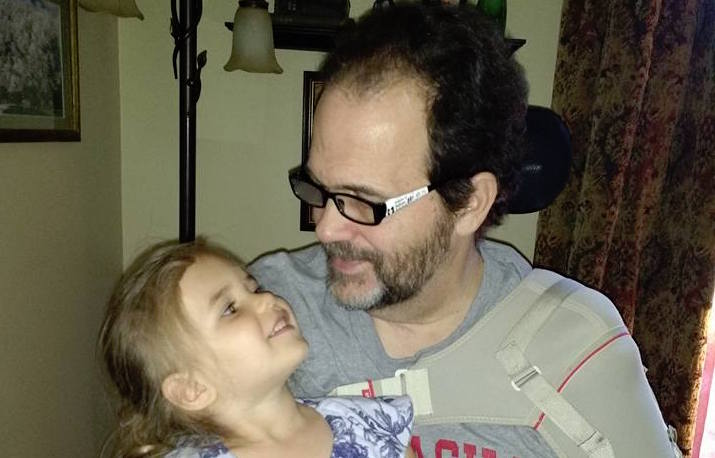There’s nothing that can prepare you to touch your father’s arm and find that it’s frozen. I should have known, of course. Doctors had told us what they were doing and said he’d be cold. But it’s one thing to know he’ll be cold. It’s another to feel it. When I think back on the time spent in the ICU with my dad in a coma recovering from a massive brain bleed, one of the most visceral memories I have is the feel of his hand.
Login to read more
Sign in or create a free account to access Subscriber-only content.
